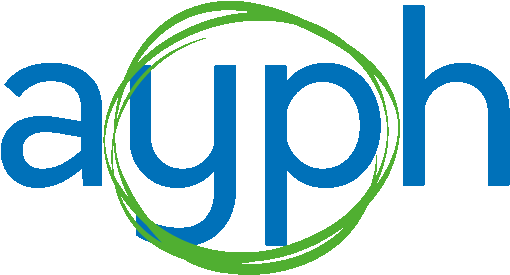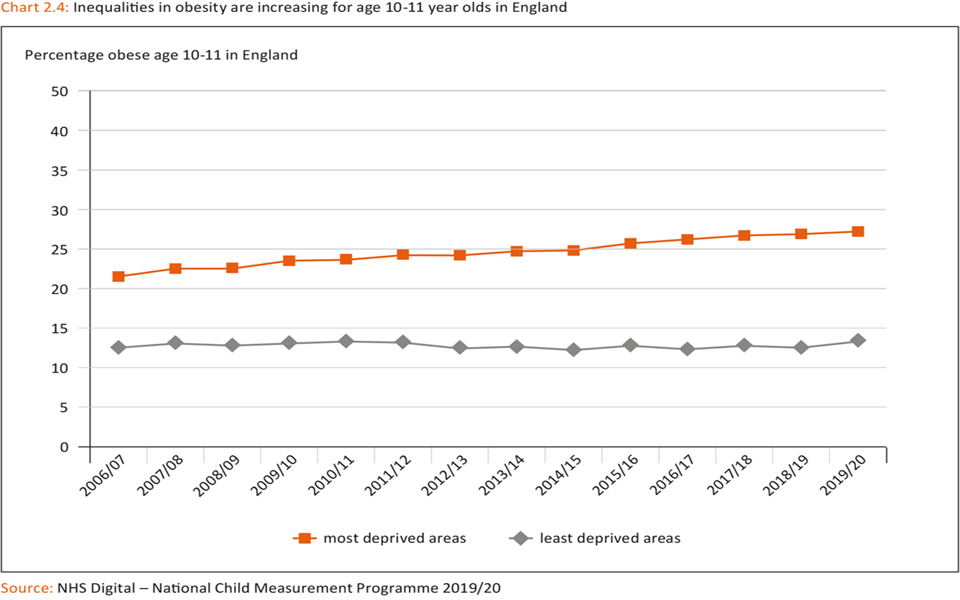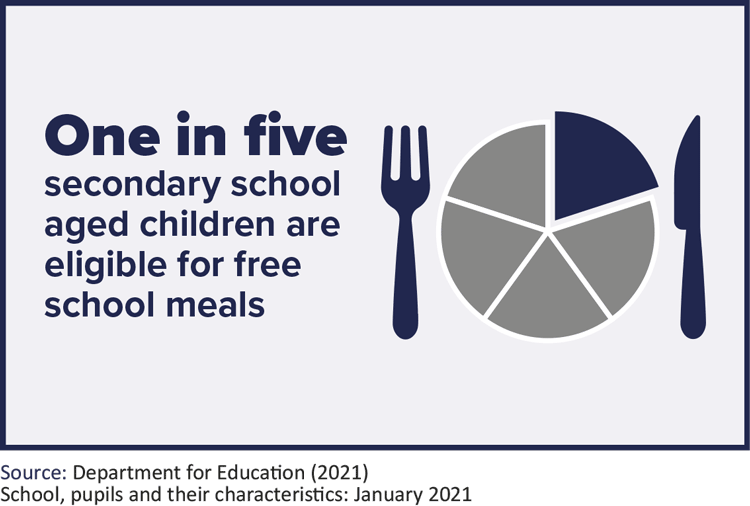In the wake of the Government’s 2021 Spending Review, AYPH’s Rachael McKeown outlines the ways in which central government should be supporting young people as they recover from the impact of the pandemic on their lives.
The Government has announced its plans for how finances will be divided between different departments and programmes of work. The 2021 Spending Review provided an opportunity to offer financial backing and support in areas that have a real impact on young people’s lives. There are many welcomed announcements made focused on early years help and support services, with commitments for family hubs and a ‘start for life’ offer. But what was announced for older children and adolescents?
- There was a commitment to creating 300 new youth centres in England, but no mention of the release of the previously committed to Youth Investment Fund which would support a much larger amount of youth services. There must be equal access to opportunities for all young people, to prevent inequalities widening.
- Additional money was ring-fenced for educational catch up schemes, though this still falls short of funding needs on the ground.
- There were no specific commitments to mental health funding or creation of hubs for young people to get support in a timely manner.
- Similarly, there was no mention of raising the public health grant, which serves many services young people use in their local communities.
- Duties on some alcoholic drinks will decrease, potentially lowering the cost. We should instead be aiming for minimum unit pricing in order to prevent any harms of alcohol consumption among young people.
- Many young people grow up in poverty and this will be somewhat mitigated by tapering of Universal Credit rates, but maintaining the £20 uplift would have been more beneficial for families.
While we welcome the commitments, more needs to be done to specifically address the needs of young people aged 10-25. In this blog post, we outline the areas we think need prioritising and funding to support young people to ‘level up’ and recover from the pandemic.
The ‘Build Back Better’ plan for health and social care (£30.3 billion funding) must include resource for meeting demands in young people’s health and children’s social care, reducing waiting lists for young people and sustaining the young people’s health workforce
The plan set out by the Government earlier this year did not provide detail on how the money should be split between different functions of the NHS – we must make sure that the needs of young people aren’t lost. Additional funds released for reducing waiting lists and addressing the backlog of care must also meet demands within young people’s health and social care.
Funding for a cross-government strategy to reduce health inequalities, which considers the “social determinants” of health and prioritises young people’s health inequalities
We know that many of the drivers of young people’s health and the causes of health inequalities lie outside of health. So funding the NHS alone won’t provide a solution to reducing young people’s health inequalities.
As a member of the Inequalities in Health Alliance, we call on the Government to implement a strategy to reduce health inequalities. Young people are particularly sensitive to changes in their environment, such as changes in education, employment and housing.
Covid-19 has exposed worsening inequality among young people. The number of young people living in poverty is increasing, restricting their ability to lead healthy lives. The number of secondary school pupils on Free School Meals has increased from 12.4% in 2018 to 18.9% in 2021. Trends in obesity and road traffic accidents show young people from more deprived areas are more likely to have worse health outcomes than their peers.
Prevention in adolescence is key to reducing inequalities. We would like to see resourcing to implement in full the Government’s commitments within the prevention green paper ‘Advancing our health’.
Release of funding to ensure the full implementation of the Department for Culture Media and Sports’ Youth Investment Fund (£30 million) to support youth services, with additional funding for youth clubs, local hubs and Youth Information Advice and Counselling organisations
Youth clubs provide an invaluable service where young people develop trusting relationships with professionals. Significant drops in funding for youth services between 2010/11 and 2018/19 led to the closure of 750 youth centres. Due to Covid-19, 83% of youth organisations have reported a decrease in income, threatening the ability for other services to remain open.
Youth Access coordinates a network of Youth Information, Advice and Counselling Services (YIACS). YIACS organisations provide support to young people on a range of issues, particularly helping young people who might have emerging needs which don’t meet thresholds for specialist services, or may not otherwise be able to access statutory or school-based support. More funding is needed to ensure young people do not fall through the gaps and are supported in these age-appropriate settings before issues escalate. Together with others in the youth and mental health sectors, Youth Access is calling for investment of at least £150 million in a national rollout of ‘early support hubs’, creating sustainable funding for existing organisations and setting up new services in areas where young people have nowhere to go.
Real terms restoration of the public health grant to 2015/16 levels, with particular focus on young people living in the most deprived areas
Many of the services that support young people sit within Local Authority public health teams. This includes sexual health services, the national child measurement programme in secondary schools, smoking cessation services, alcohol and drug misuse services and violence reduction units. It is clear that public health teams play a vital role in young people’s health promotion. Currently, the public health grant is £1 billion lower (in real terms per capita) than it was in 2015/16. Reductions in funding have been higher in the poorest areas of the country, negatively affecting health inequalities. Levels need to be restored if we are serious about tackling young people’s growing health inequalities.
Release of the £1.4 billion committed funding for planning holistic educational catch up schemes, with additional funding to support the most disadvantaged young people
Education has a clear link with health, as research has shown that by the age of 30 those with the highest levels of education are expected to live four years longer than those with the lowest levels of education. Education provides young people with social connections, access to employment, problem solving skills and a sense of self-worth. The link between education and health were made clear during the Covid-19 as many young people were prevented from accessing school or college.
The impact of the pandemic on young people’s education has not been evenly felt, with some young people facing challenges related to lack of space to study or lack of access to digital devices and broadband connection. The attainment gap between the richest and poorest students has increased by 46% since 2019. Young people with learning difficulties and special educational needs have been particularly affected, as have young people receiving Free School Meals. Concerns have been raised that the Government’s ‘catch up’ scheme funding is inadequate. There must be a holistic approach to educational catch up schemes within schools and colleges, that takes into account the health and wellbeing of students and staff.
Sustained long-term funding of the Kickstart scheme and reform of the Apprenticeship Levy
The work young people are employed in tends to be precarious in nature, such as having lower wages (lower minimum wage), zero-hour or fixed term contracts. It was no surprise that young people’s jobs were particularly affected by the lockdown periods of the Covid-19 pandemic. Young people were heavily represented in retail and hospitality industries that largely shut down, increasing the number of redundancies and furlough claims. As part of the Government’s ‘Plan for Jobs’, the Kickstart scheme goes some way to generate employment opportunities for young people aged 16-25 on Universal Credit. It is vital that these opportunities offer high-quality work evenly across the country. We know that negative employment experiences are linked with poverty and stress and that travel constraints can prevent young people from accessing work.
Apprenticeships offer another route into employment for young people. The Apprenticeship Levy was introduced back in 2017, with aims to encourage businesses to hire more apprentices. Yet, the number of total apprenticeship starts is falling and nearly half (47%) of apprentices appointed are over the age of 25.


